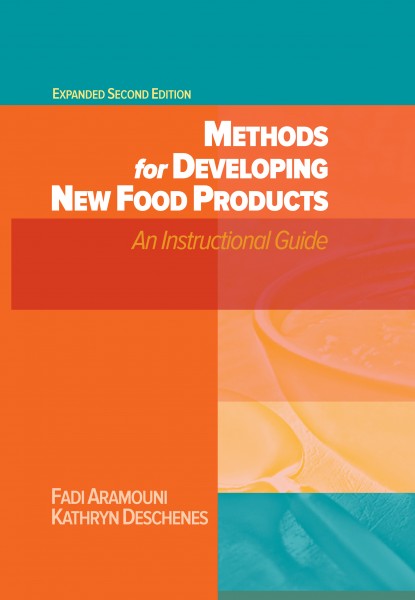Almond Board of California launches new sustainability initiative
Accelerated Innovation Management program to help make California farmers use more efficient techniques.

The Almond Board of California (ABC) has launched Accelerated Innovation Management (AIM), a new strategic effort to make the almond industry more efficient and sustainable.
By putting all aspects of the almond-growing industry under scrutiny, the initiative hopes to complement the California almond industry's legacy of improvement through more than 40 years of research.
With its adaptive program, AIM will implement common-sense guidelines, develop innovative practices, and cultivate advanced technologies to improve the efficiency and sustainability of farming.
"Through our Accelerated Innovation Management program, the Almond Board will accelerate its investment in sustainability, almond tree and farming research, and step up efforts to develop new partnerships and collaborations, which will drive four major initiatives to move the entire industry forward," says Richard Waycott, president and ceo, the ABC.
The four main initiatives:
Water Management and Efficiency
This initiative will focus on transitioning almond farmers to more efficient irrigation scheduling and management practices to get the most crop per drop of water.
It will build on the 33 percent reduction in water used per pound of almonds already achieved over the last 20 years, and will include a range of activities from working with farmers in fine tuning irrigation techniques to adopting more advanced water management technologies.
Sustainable Water Resources
This is an exploration of how to best use the California almond industry's biggest strength – its acreage – to accelerate natural flood-year groundwater recharge of aquifers.
Because California's aquifers are the state's largest water storage system, water recharged through this system would benefit all Californians. The initiative will also look for opportunities to recycle water from multiple sources, such as municipal wastewater, to increase overall availability.
Air Quality
This initiative will investigate ways the almond industry can help meet the Central Valley's air quality standards. It will study the ways in which almond production impacts air quality and evaluate options to decrease emission. All aspects of almond farming that impact air quality will come under scrutiny, and AIM will identify alternatives that will result in cleaner air.
22nd Century Agronomics
This initiative recognizes that new technologies must be adopted to bring California farming into the 22nd century. It will lead a comprehensive exploration of almond farming techniques and consider all options as to what innovations and technical "leap frogs" will be needed to support sustainable farming in the future. All aspects of almond farming will be considered, from land preparation and varietal development to equipment and processing.
According to Waycott, there has already been significant progress on the Sustainable Water Resources and Air Quality initiatives. The industry will also keep consumers apprised of any major research projects in the coming months and years.
In a recent partnership with Sustainable Conservation, the Almond Board is exploring the potential of using almond orchards for accelerated recharge of Central Valley groundwater.
"Research this winter will channel excess winter flood water into almond orchards in several test sites, including Merced, Stanislaus, and Fresno counties where a UC Davis study will track soil moisture and water movement, tree response, detailed root development and growth response," Waycott says.
Meanwhile, ABC, the Environmental Defense Fund, and others are carrying out a new USDA-funded pilot project that will give almond and corn growers greater access to greenhouse gas markets like those under California's cap-and-trade program, he says.
The project complements the ABC-funded research to better understand the energy flows and associated greenhouse gases over the average 25 years of an almond orchard's life.
"Since almonds were first planted in California, over 150 years ago, almond growers have adapted, changed, and pushed ahead to improve best practices and develop new technologies," says Waycott. "The Almond Board's research programs have driven this innovation since their inception in 1973 and through this new program, we carry on and accelerate that important tradition."
Looking for a reprint of this article?
From high-res PDFs to custom plaques, order your copy today!








